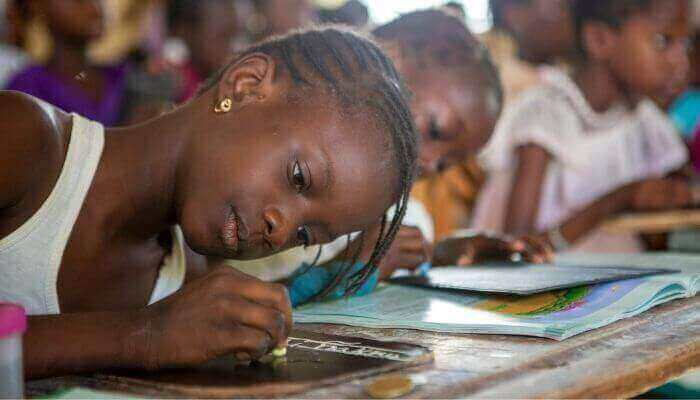Sokoto, Bayelsa, Jigawa, Kebbi, and Gombe states stand as Nigeria’s poorest regions, as revealed by the 2022 Multidimensional Poverty Index report released by the National Bureau of Statistics (NBS). With Nigeria’s poverty index at 0.257, the report paints a stark picture with approximately 133 million people facing multidimensional poverty. Sokoto, Bayelsa, and Jigawa lead the list, harboring a staggering 14.18 million people living in poverty.
The Multidimensional Poverty Index highlights key factors such as inadequate healthcare, food insecurity, limited education, malnutrition, and restricted access to cooking fuel as significant contributors to the national poverty index. Shockingly, over half of Nigeria’s population faces multidimensional poverty, often deprived even of basic cooking fuel.
Governments at both the federal and state levels have been striving to eradicate poverty through various programs spanning diverse sectors. However, drawing lessons from countries that have made strides in reducing poverty, education emerges as the most potent weapon in this battle.
Notably, the poverty levels in different states directly correlate with their educational standards, and thus, inversely correlate with states that boast lower poverty rates.
Historically, education has been an undeniable force in combating poverty. In the modern world, particularly in the 21st century, the introduction of literacy and numeracy skills to impoverished communities has irrevocably altered their prospects for the future. Education empowers individuals to make informed choices about their lives, enabling them to challenge oppression and break free from systemic disadvantages.
In developed nations like the G-7, where adult literacy rates are higher, it is evident that individuals with better education are more likely to overcome poverty than those with limited education. The notion that poverty is an inescapable life condition has been upended by education, which opens doors for growth, development, and success.
The importance of education in eradicating poverty was underscored by the international community during the World Education Forum in Dakar in 2000. The United Nations General Assembly designated the period 1997 to 2006 as the First United Nations Decade for the Eradication of Poverty.
Education, in collaboration with other social sectors, plays a pivotal role in poverty eradication. No nation has succeeded without educating its populace. Education not only reduces poverty but also serves as a key catalyst for wealth creation.
The Dakar Framework for Action, emphasising “Education for All,” committed to integrating education policies within a sustainable sector framework linked to poverty alleviation and development strategies. Universal primary education and adult literacy were central to this commitment, as they are essential in breaking the cycle of poverty, especially among poorer communities.
Education serves as the most comprehensive social institution, reaching a vast population and guiding them through systematic learning processes.
Delivering primary education and adult literacy to less-educated states in Nigeria is indeed attainable. Education emerges as the most potent means of fighting poverty and reducing crime. Encouragingly, the 2023 education budget marks a record high, signaling the federal government’s recognition of the paramount importance of education.
As Nigeria seeks to lift its citizens out of poverty, it must invest in education as the foundation for sustainable progress. By prioritising education, Nigeria can rewrite the story of its impoverished regions and forge a brighter future for all its citizens.





